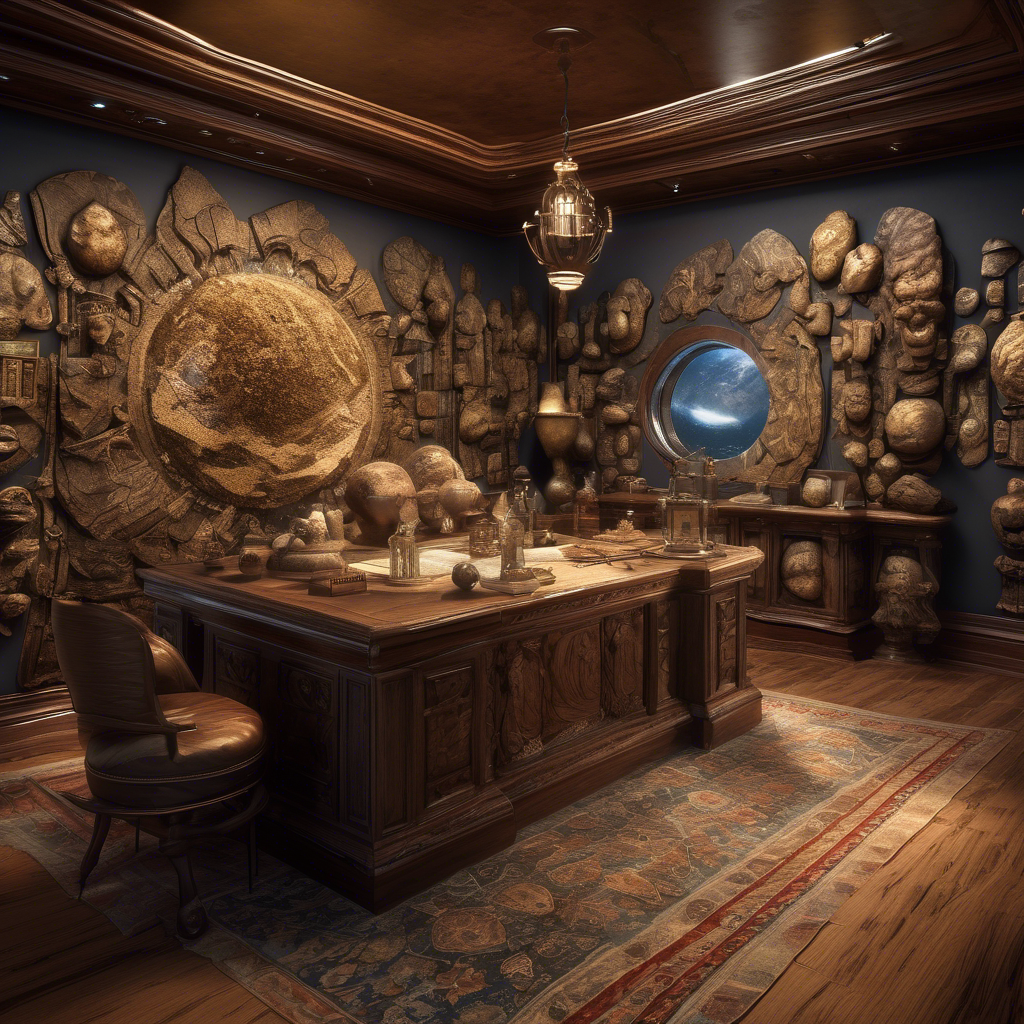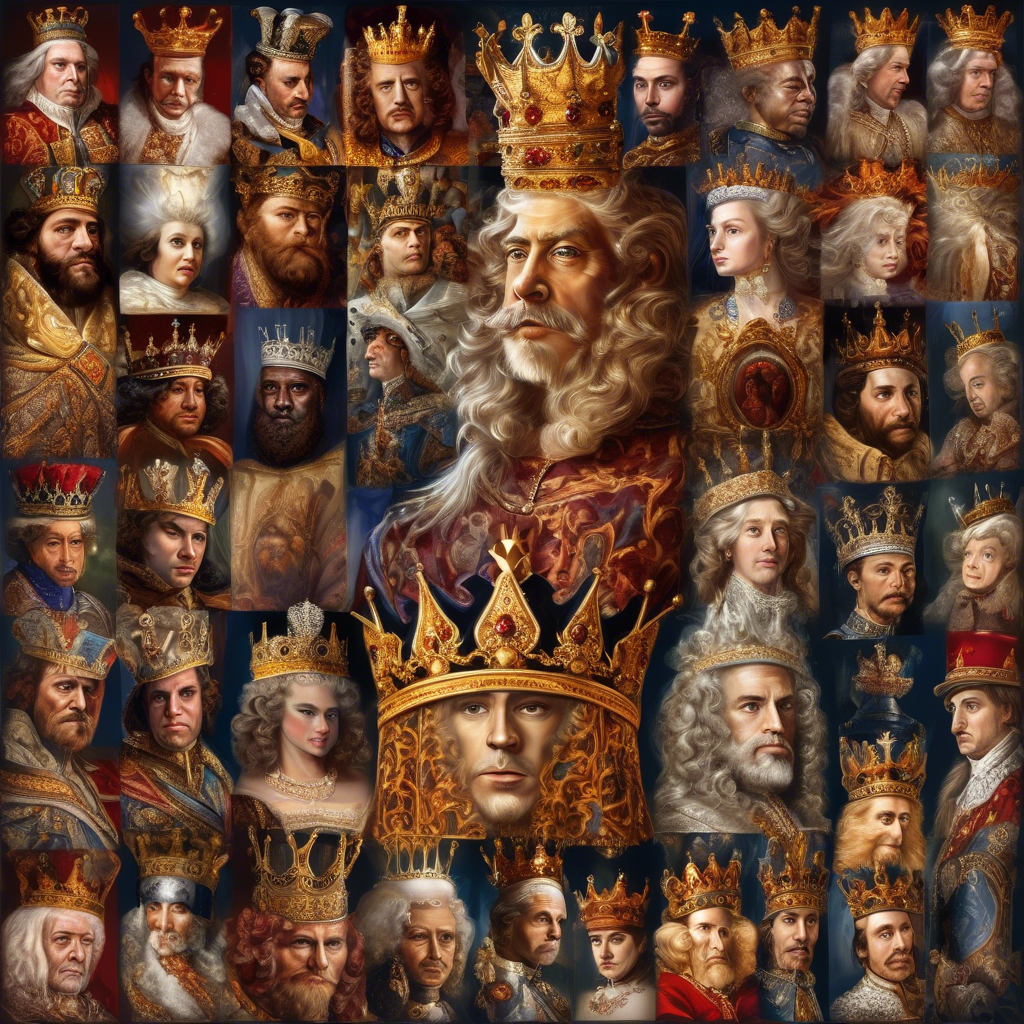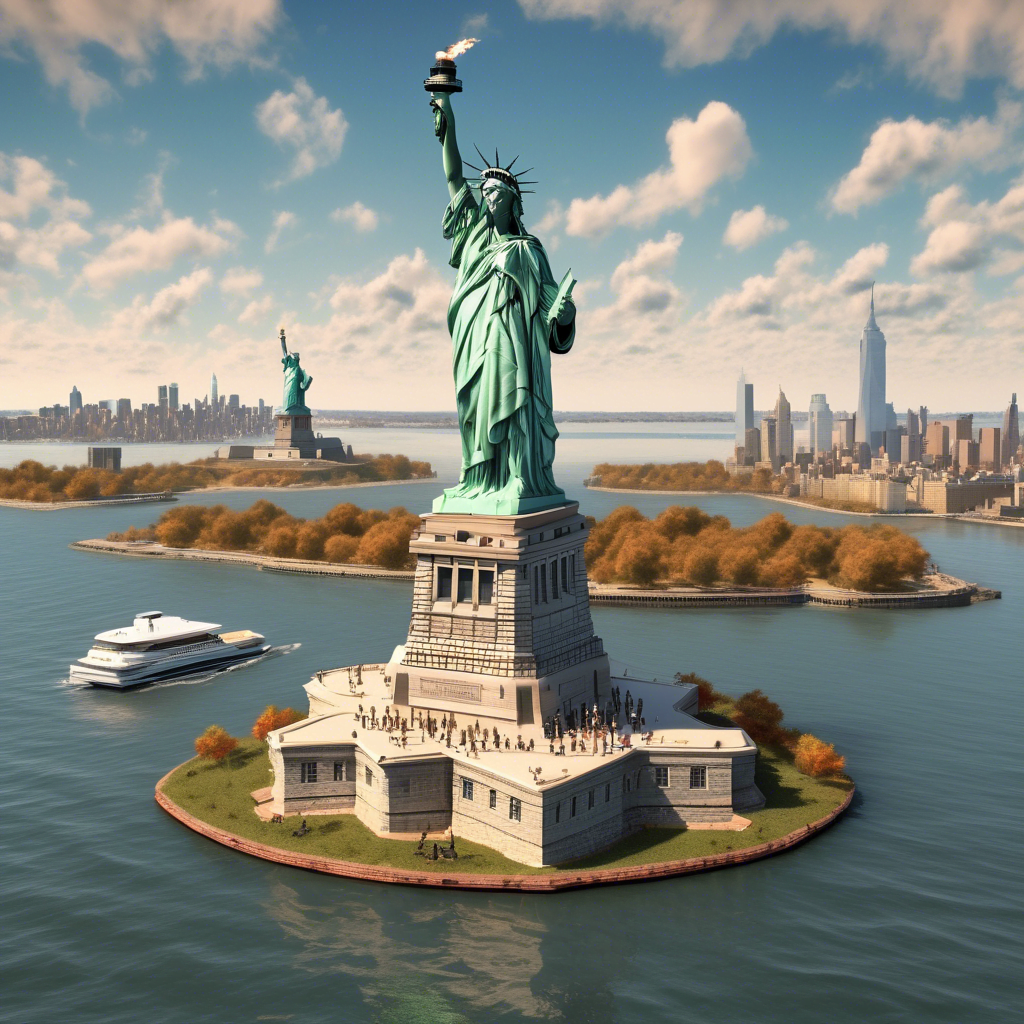
The Age of Discovery, also known as the Age of Exploration, was a period of time from the 15th to the 17th century in which European countries embarked on a series of voyages and expeditions to explore and chart new lands and establish trade routes. This era marked a significant turning point in world history, as it led to the discovery of new continents and the beginning of globalization.
The Age of Discovery began in the late 15th century when European explorers set out to find new trade routes to Asia. One of the most famous explorers of this time was Christopher Columbus, who sailed across the Atlantic Ocean in search of a western route to Asia. Instead of reaching Asia, Columbus landed in the Americas, sparking a wave of exploration and colonization by European powers.
During the Age of Discovery, European countries such as England, France, Spain, the Netherlands, Italy, and Germany established colonies in North and South America, Africa, Asia, and the Middle East. These colonies were used as trading posts and sources of valuable resources such as spices, gold, and silver. The discovery of these new lands also led to cultural exchanges between Europe and other regions of the world.
One of the key impacts of the Age of Discovery was the spread of European influence and technology to other parts of the world. European explorers introduced new technologies, such as firearms and ships, to native populations in Africa, Asia, and the Americas. This exchange of ideas and technologies had a lasting impact on the development of these regions and helped to shape the modern world.
The Age of Discovery also had a profound impact on the lives of people around the world. The establishment of colonies by European powers led to the exploitation and enslavement of indigenous populations, particularly in the Americas and Africa. Millions of native peoples were forced into slavery or killed by diseases brought by European settlers, resulting in a dramatic decrease in population in these regions.
Despite the negative consequences of colonization, the Age of Discovery also brought about positive changes in the world. The exchange of goods, ideas, and technologies between Europe and other regions of the world helped to stimulate economic growth and cultural development. The discovery of new lands and resources fueled the growth of trade and commerce, leading to the rise of powerful empires and the expansion of global markets.
In conclusion, the Age of Discovery was a transformative period in world history that forever changed the course of human civilization. The exploration and colonization of new lands by European powers had far-reaching consequences for people’s lives, governments, and cultures. While the impact of the Age of Discovery was not always positive, it played a crucial role in shaping the modern world and laying the foundation for the global society we live in today.




Leave a Reply